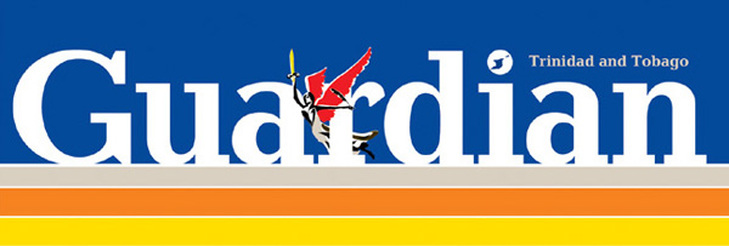In their carnival presentation entitled ‘Miss Miles – Mas Corruption’, Tony Hall, Peter Minshall, their creative team, and masqueraders, offered us a refreshing portrayal of who – under such a reality – we might become.
International, cross-cultural research notes whistle-blowers reveal larger amounts of fraud than all regulatory authorities, police agencies, and Governments put together. They also reveal more fraud than compliance officers and professional corporate auditors whose sole job is to uncover such malfeasance.
Understood in this light whistle-blowing has an essential social and political function in battling abuses of power. This is not to say whistle-blowing is a simple choice. It is not. For all the veneration and admiration of Gene Miles’ integrity and moral courage today we cannot forget she was socially outcast at the time and died young and a pauper.
For all their good intentions then whistle-blowers are often vilified as troublemakers or crazed. And suffer reprisals that can extend for the rest of their lives.
A short opinion piece lamenting Ms Miles death in 1972 made a similar point: “What happened to Gene Miles as a human being in this society is something we cannot dismiss as being her own fault. Her fault was believing that if she shouted from the rooftops about things she thought wrong, the society would put them right. She was wrong. Gene Miles was broken, ostracised and even laughed at.”
If the dominant do not want to threaten or use visible forms of power like violence to oppress and repress those speaking truth to power they choose suppression instead.
Suppression is non-violent and a hidden form of power designed to curtail a person’s behaviour. The most effective way suppression of whistle-blowers is achieved is with words and rhetoric. What anthropologists call “speech acts” and others might term verbal assaults are deployed to degrade the character and life of the whistle-blower. That whistle-blowers often suffer degradation rituals suggests they are a threat to power and/or the wider culture itself.
Positive personal attitudes toward whistle-blowing are also suppressed within each of us by the wider culture. Look at the punishment recent famous whistle-blowers have faced. The US Government or its agencies like the NSA, the CIA, and the FBI can all lie; but the only persons who end up in jail are whistle-blowers like Thomas Drake, Barrett Brown and John Kiriakou who revealed their lying. Behind such punishment is a threat intended for everyone.
The evidence that whistle-blowers suffer negative consequences in a wide variety of circumstances and countries is massive and prohibitive. The literature stresses that those that decide to blow the whistle can suffer a long list of consequences, including: loss of employment, financial difficulties, divorce, marital strain, family conflicts, stress-related heath problems, general anxiety, jail, torture, and even murder.
Another obstacle to whistle-blowing is that companies and senior staff, often in collaboration with their compliance officers provide great rewards for not blowing the whistle. This reveals a central characteristic about whistle-blowing today: the benefits of being corrupt – the monies, contacts and positions gained – is greater than the rewards for doing the right thing and fighting for justice. In other words climbing the economic and social ladder is an accepted ethic of modern society, no matter the consequences.
A final cultural point about whistle-blowing is for all talk of truth and justice, whistle-blowing breaks social codes of collegiality and organisational loyalty, because snitching, grassing, or “sellin” someone out, are in general culturally frowned upon.
The whistle-blower then is a cultural contradiction. They are someone who captures the public imagination as virtuous while at the same time being someone outcast for breaking certain socio-cultural conventions such as being disloyal or standing up to power.
If dissent and whistle-blowing – essential checks on power – are actively discouraged, suppressed and penalised by the wider culture of business and Government not just locally but internationally where does this leave those seeking justice and fairness?
Legislative change and protections are of course very important. That said, for anyone seeking to emulate Ms Miles it’s clear more than courage is required. If you whistle-blow today, and arguably many should, the lesson is now – whether inside or outside your organisation – you must do so cautiously and intelligently. Starting with maybe not revealing your identity.

 RSS Feed
RSS Feed